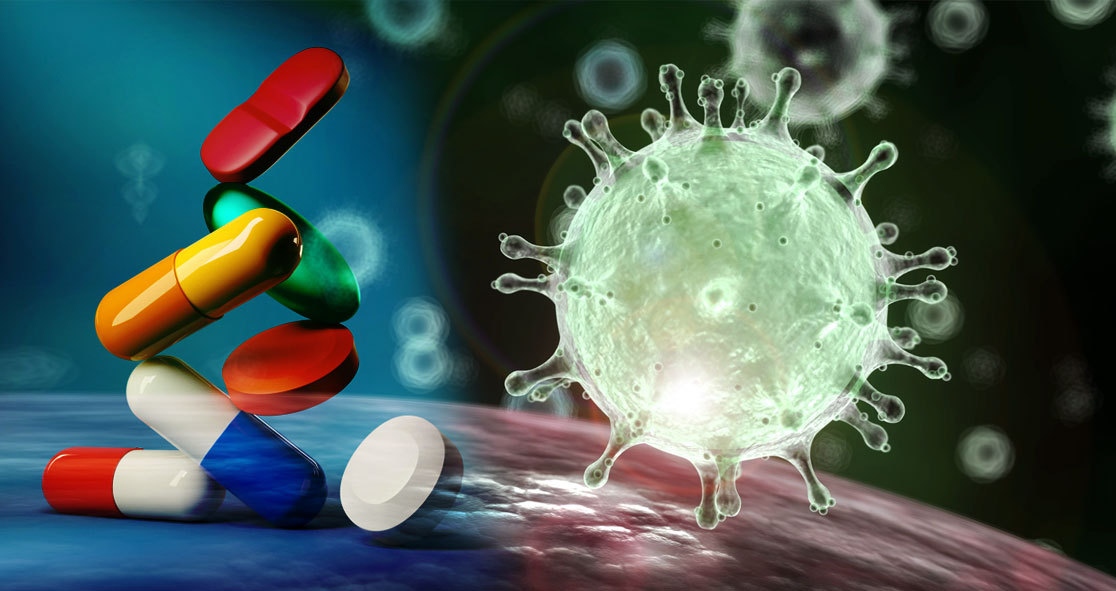Worldwide, researchers are leaving no stone unturned when it comes to repurposing drugs to treat the deadly coronavirus.
The COVID-19 vaccines have provided some relief to prevent the disease, but there are no therapies or drugs for those who get infected by the virus.
Now, a new study, published in the Proceedings of the National Academy of Science, has revealed that several existing drugs, including a dietary supplement, have been found effective at blocking or reducing SARS-CoV-2 in cells, according to Medical Xpress.
The study conducted by the researchers of the University of Michigan (U-M) used artificial intelligence (AI) powered image analysis of human cell lines during infection with the coronavirus.
They treated the cells with more than 1,400 FDA-approved drugs and compounds and found 17 potential hits. Of those, 10 were newly recognized and the remaining seven were identified in previous drug repurposing studies, including remdesivir (Veklury), which is one of the FDA-approved drugs for hospitalized COVID-19 patients.
Jonathan Sexton, Assistant Professor of Medicine in the Department of Internal Medicine at U-M, said, “Traditionally, the drug development process takes a decade, and we just don’t have a decade. The therapies we discovered are well-positioned for phase 2 clinical trials because their safety has already been established.”
Of those 17 candidates, nine showed antiviral activity at reasonable doses, including lactoferrin, a multifunctional protein found in cow and human breastmilk, which is available over the counter as a dietary supplement.
Sexton said, “We found lactoferrin had remarkable efficacy for preventing infection, working better than anything else we observed,” adding that early findings suggest that this efficacy extends even to new strains of SARS-CoV2, including the highly contagious Delta variant.
He noted that other drug repurposing studies have identified different compounds with potential efficacy against the virus, adding, “the results seem to be dependent on what cell system is used.”
“But there is an emerging consensus around a subset of drugs and those are the ones that have the highest priority for clinical translation,” Sexton explained. “We fully expect that the majority of these won’t work in human beings, but we anticipate there are some that will.”
The researchers identified that a class of compounds called MEK-inhibitors, which are typically prescribed to treat lung cancer, has appeared to worsen COVID-19 infection.
“People going in for chemotherapy are at risk already due to a lowered immune response,” Sexton noted. “We need to investigate whether some of these drugs worsen disease progression.”























